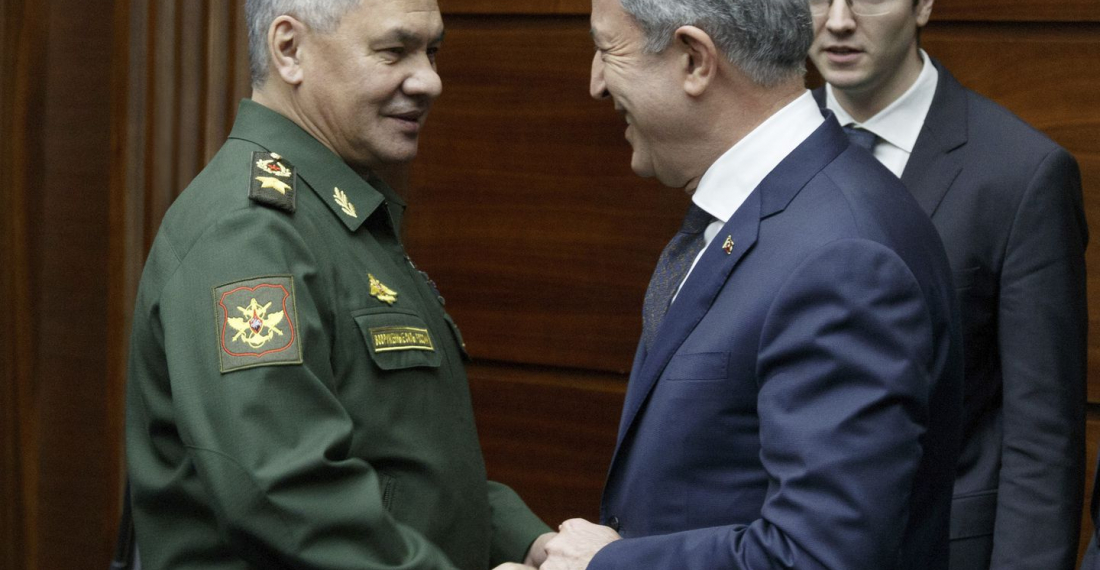Turkey has announced that an agreement was reached with Russia on the technical details of a joint center soon to be established to monitor the ceasefire between Armenia and Azerbaijan in the Nagorno-Karabakh region.
“A memorandum of understanding was signed after the completion of the talks on the technical details concerning the establishment and working procedures of the Turkish-Russian Joint Center. Necessary works continue for the activation of the center as soon as possible,” according to a statement issued on Tuesday (1 December) by the Turkish Defence Ministry.
The statement recalled that Defense Minister Hulusi Akar and Russian Defense Minister Sergey Shoigu signed on 11 November a memorandum of understanding for the establishment of the joint center in line with the agreement between Armenia and Azerbaijan that ended the armed conflict in the Nagorno-Karabakh region.
In line with article 5 of the agreement that stipulates the monitoring of the ceasefire, Ankara and Moscow launched talks for the creation of the center in mid-November. After a few rounds of talks, the parties agreed on the terms but the final say will belong to the Azerbaijani administration as the host nation, according to Turkish sources. The Turkish statement did not inform where exactly the center will operate. It did not detail other technical aspects of the memorandum of understanding either.
source: commonspace.eu with agencies
photo: The Defence Ministers of Turkey and Russia (archive picture)







